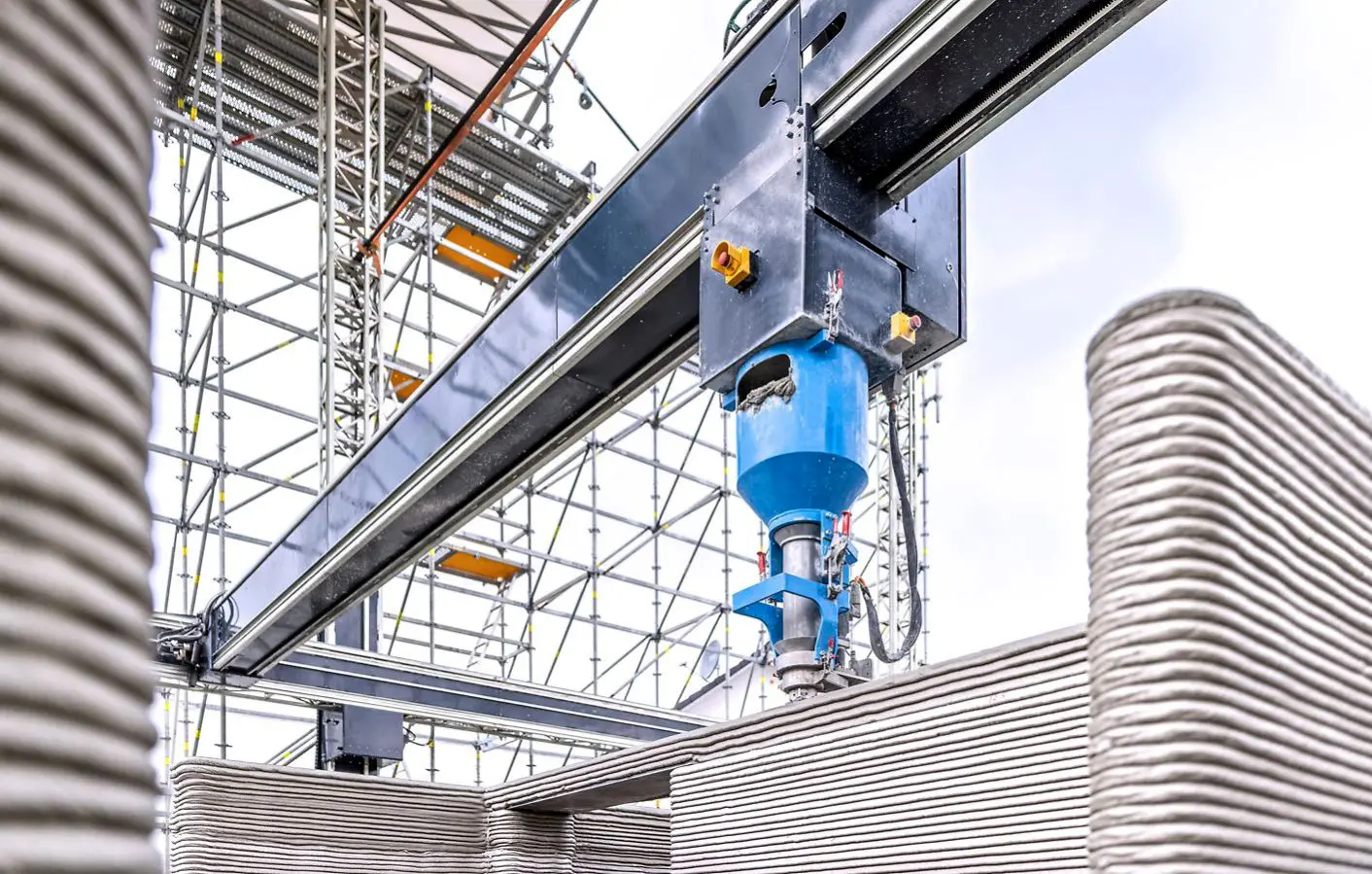15 Apr 2025
Ripple Effect: Trump Tariffs and the World’s Economic Quake
In April 2025, the Trump administration stunned global markets by announcing a sweeping tariff expansion under the International Emergency Economic Powers Act (IEEPA), introducing a flat 10% universal tariff on all imports. This move, framed as a national economic emergency response, immediately triggered global trade uncertainty and diplomatic friction. The policy marked a significant escalation of Trump’s protectionist agenda, signalling a break with multilateralism and targeting long-standing trade imbalances with strategic rivals and allies alike. We found that the United States (U.S.) trade structure is deeply imbalanced, with persistent deficits concentrated in sectors essential to industrial production, such as machinery, electronics, and vehicles. These deficits have exposed the U.S. to retaliatory measures from key trade partners—particularly China, Canada, and the EU—who have calibrated their responses to hit politically and economically sensitive export categories. Tariffs have initiated a multi-channel inflationary shock: direct consumer price increases, rising intermediate input costs, and cascading pressures on logistics and wages. The compounded effect has resulted in a net consumer price index (CPI) increase of approximately 1.2%, with higher spikes in key durable goods. Global supply chains are beginning to reconfigure.
The automotive sector, in particular, has seen disruption in bilateral flows with traditional partners, creating openings for new logistical nodes. The UAE stands out as a beneficiary, attracting redirected FDI and becoming a strategic re-export and final assembly hub. Collectively, these findings underscore a paradox: while the policy aims to reduce dependency and correct trade imbalances, it simultaneously accelerates external retaliation, domestic cost pressures, and global fragmentation in trade infrastructure.
30 Nov 2023
An Open Letter to COP28
Dear leaders, negotiators, and decision makers,
This year, "Unite-Act-Deliver" is the slogan of COP28, a pivotal event in the international endeavour to combat climate change. The increasing number of climate disasters in 2023, wherein severe weather phenomena have wreaked devastation on a global scale, shows the urgency of the need to act. The United States, Hong Kong, Greece, Libya, Turkey, Bulgaria, Spain, Taiwan, Pakistan and China were all affected by hurricanes, storms, droughts, and flooding. The floods that struck Libya and Pakistan were particularly devastating, resulting in substantial destruction of infrastructure and loss of life, and increasing sea levels and heat surges that have been felt globally have also occurred.
Furthermore, the adverse effects of climate change on food and water security on a global scale have impeded progress towards attaining the Sustainable Development Goals. In particular, food systems are accountable for one-third of worldwide green gas emissions and have slowed agricultural productivity for the past five years which entails the transformation of food systems to achieve net-zero emissions.
22 May 2023
Interview with ChatGPT: Will These Applications Bring the End of Human Knowledge?
OpenAI released its AI chatbot in November 2022. ChatGPT is able to generate text, answer questions, summarise information, and write code, the eerily human chatbot has taken the world by storm, setting the record for fastest growing application in history. It took Instagram 2.5 years to reach 100 million monthly active users and TikTok nine months. ChatGPT attracted 100 million monthly active users in less than three months.
ChatGPT becoming an internet sensation has created fascinating use cases from writing high school essays to passing business and medical schools’ exams. Its usage has also brought about a slew of ethical concerns related to data privacy, content ownership, and its potential to disrupt nearly every job market. I sat down with ChatGPT to see what it had to say for itself.
26 Apr 2023
Hey Siri, Build a House: 3D Printing in Construction
Humanity’s ability to create permanent structures has been an essential part of civilization for thousands of years and was crucial for our transition from hunter-gatherers to settled peoples. As groups of people settled down in a single place, we have had to advance construction techniques and technologies to further the development of our societies, our ability to advance construction techniques has led to the creation of structures that inspire humanity and continue to push the boundaries of what we think is possible.
Recently however, the construction industry has been slow in adopting new innovations that have helped revolutionize other industries, at a time where it is expected that 300 million new homes are needed by 2030 and construction related activities contributed to 37% of global CO2 emissions in 2021, the need to adopt new technologies that will increase efficiency and reduce emissions is of paramount importance and 3D printing has been touted as the solution to the construction industry’s woes.



